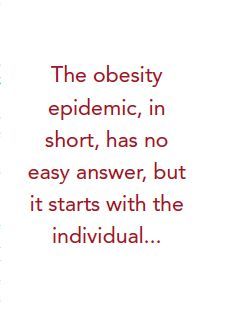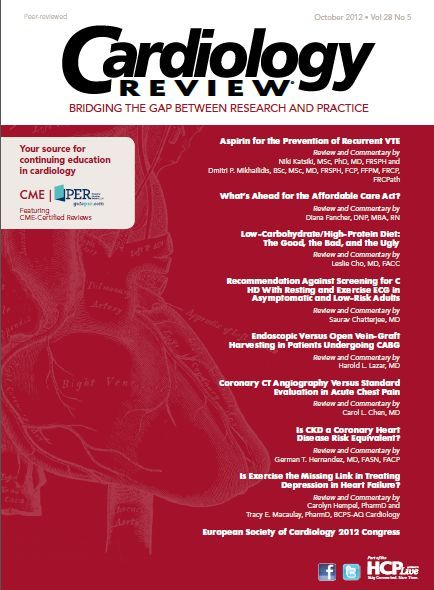Obesity in America: More Than Just a Headwind?

Mike Hennessy
President, Chairman, Chief Executive Officer
Letter From the Publisher
Along with exercising and quitting smoking, losing weight is likely one of the primary lifestyle modifications that cardiologists recommend to patients on a daily basis. Although perhaps not a surprise to these physicians, who are in the trenches in terms of trends in health care, new research suggests that the problem of obesity in America has reached alarming levels.

The new study, published in the International Journal of Obesity, shows that the rate of type III obesity (patients with a body mass index [BMI] of 40 kg/m2 or higher) increased by a staggering 70% between 2000 and 2010. The prevalence of BMIs greater than 50 kg/m2 increased even faster. Even after adjusting for self-reporting bias, the researchers estimated that in 2010, as many as 15.5 million American adults fell into the classification of type III obese.
If there is good news to be found in the report, it’s that the rate of growth appeared to be slowing somewhat from 2005 to 2012. This is small consolation, however, for health care professionals who see the negative effects of obesity every single day. Or for the health care system, which continues to be burdened by the direct and indirect costs of this serious health problem.
Although almost everyone can agree that obesity has long since reached epidemic levels in the United States, possible solutions to the problem stir endless debate. The recent approval of a new anti-obesity medication raises concerns about the long-term effectiveness of a “quick fix” that does not address underlying causes. Another tactic—attempts to pass a tax on sugary beverages in some cities—makes healthy choices a legislative issue and replaces personal responsibility with government oversight.
The obesity epidemic, in short, has no easy answer, but it starts with the individual making better choices for his or her health. Health care professionals have an important role to play by encouraging patients to make healthier choices, including improving one’s diet and getting more exercise. Although this is likely the advice that you are already giving, these new numbers reinforce the fact that empowering patients to take responsibility for their own health can’t come a moment too soon.
